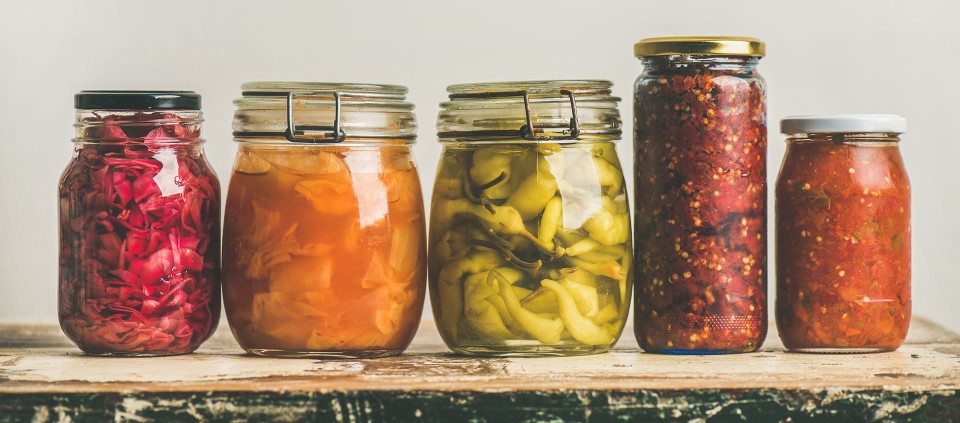Tips for Nurturing a Healthy Microbiome

Despite thousands of years of study, which have accelerated dramatically just in the past hundred, there is still so much we don’t know or understand about our own bodies—including what supports or detracts from our overall health. One area that has recently emerged as an important field of study—with profound potential for the way we look at and treat disease—is the human microbiome.
The word “biome” means a place in nature, all the living things that inhabit it, and the interplay between these different organisms, which give that place unique properties. The biome is a community of living things, all living together and naturally finding balance. These biomes exist on a microscopic level within each of us, with trillions of bacteria living in the digestive passages alone.What scientists are beginning to realize more fully is how the variety of bacteria, and the degree to which this microbiome is thriving in balance, may have much larger impacts on our health that previously imagined.
A healthy, diverse, and balanced microbiome has a surprisingly close relationship with the body’s immune system. The two constantly exchange information, with the immune system identifying and targeting harmful bacteria that threaten to disrupt the balance in the gut, while learning to allow the benign bacteria to live in peace. When lifestyle and diet contribute to an unbalanced gut microbiome—when certain bacteria overpopulate and crowd out others—the immune system may go haywire and attack the body. This can be the source of autoimmune disorders, which include rheumatoid arthritis, lupus, eczema, and Crohn’s disease.
Your microbiome’s health may also have an effect on your metabolism, and by extension, your ability to maintain a healthy weight. Our microbiome is an important source of information for the digestive system, and as with the immune system, when the microbiome is out of balance, it can cause dysfunction for metabolism and digestion. In a study published in Nature: International Journal of Science, researchers found that when bacteria were taken from the gut of an obese human, and transplanted into the gut of a regular mouse, the mouse gained weight, and fast.
You can take steps to improve and maintain the healthy diversity of your gut microbiome:
- Reduce intake of added sugars and processed grains. These foods provide very rapid energy sources for some bacteria, which may crowd out others and decrease the diversity and health of your gut microbiota.
- Reduce or eliminate alcohol intake. Alcohol is poisonous to the body, and while humans can consume (and enjoy) relatively small amounts, this will have a negative effect on the microbiome.
- Consume (non-alcoholic) fermented foods. Whereas alcohol kills bacteria, fermented foods like sauerkraut and yogurt are teeming with varied bacteria, which, if introduced into your gut regularly, can contribute positively to the diversity of the environment.
- Revitalize the microbiome after taking antibiotics. From time to time, it may be important to take antibiotics, as prescribed by a doctor—for instance, to kill a bacterial infection that is threatening to do serious harm in the body. However, keep in mind that antibiotics will also kill the healthy bacteria in your gut. After taking a course of antibiotics, you need to be proactive in nourishing your gut and reintroducing diverse bacteria through balanced food choices.
There is much more to learn about our bodies’ gut microbiomes—and so much potential for using diet and lifestyle to maintain balance and achieve optimal health.
Find out about programs with Sarajean Rudman at Kripalu.
Sarajean Rudman, E-RYT 500, is a clinical nutritionist, Kripalu Yoga teacher and Kripalu faculty member, Ayurvedic practitioner, life coach, fitness instructor, and outdoor adventure guide.
© Kripalu Center for Yoga & Health. All rights reserved. To request permission to reprint, please email editor@kripalu.org.
Sarajean Rudman, E-RYT 500, is a clinical nutritionist, Kripalu Yoga teacher, Ayurvedic practitioner, life coach, fitness instructor, and outdoor adventure guide.
Full Bio and Programs